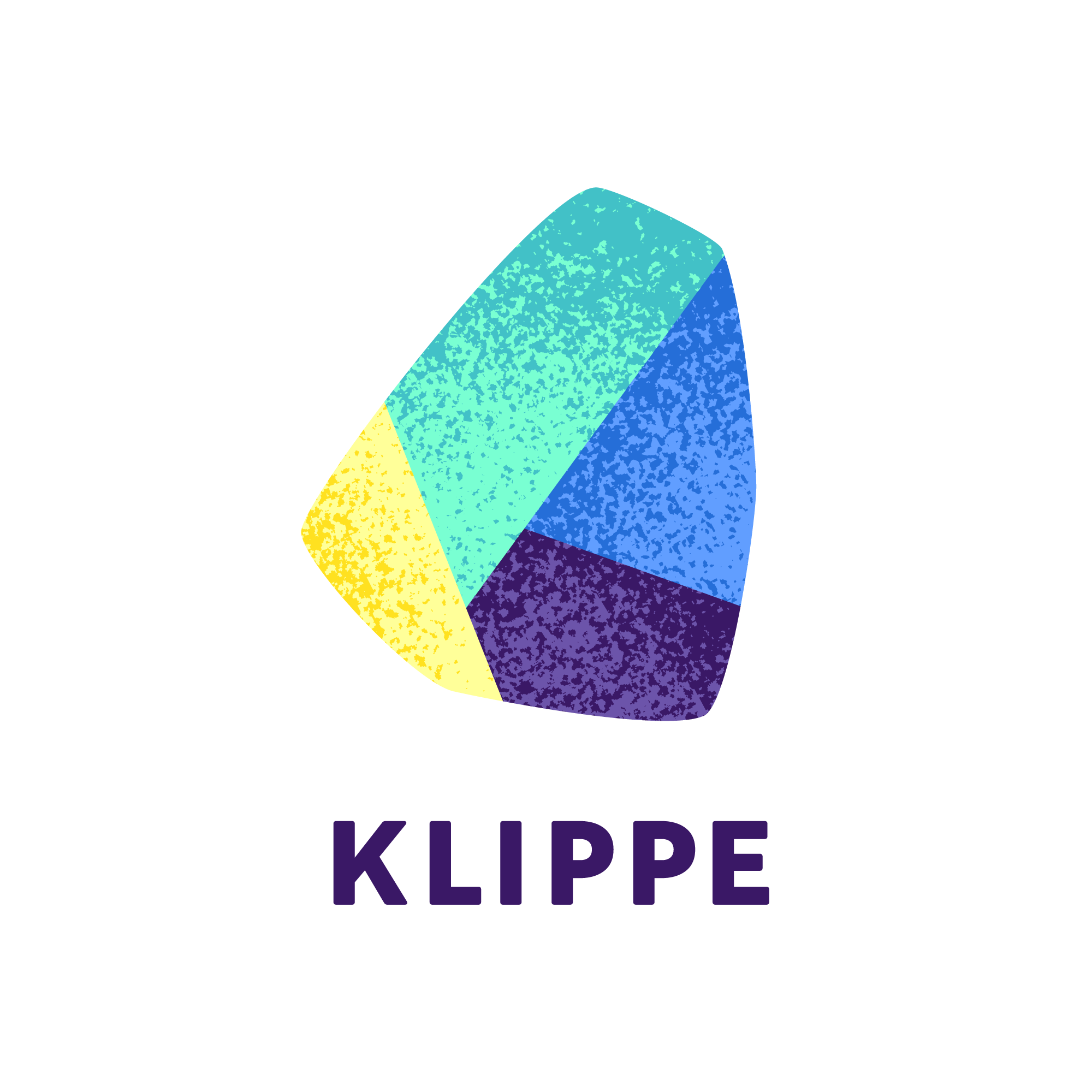Like cooking without a kitchen, conducting a training program without an e-learning system is possible – but less efficient. The features of e-learning systems help streamline the learning process, even for those without a robust IT background. From knowledge and training management to notifications, reports, certification, and communication interfaces, these tools enhance both learning and teaching experiences. In this Journal entry, we’ve compiled a guide on leveraging these features effectively.
What is an E-learning System?
An e-learning system, also referred to as a Learning Management System (LMS), is software designed to facilitate e-learning education. It serves as a platform to manage learning processes, administer courses, and organize various online learning activities efficiently. LMSs vary not only in their features but also in their pricing models.
Knowledge Management in E-learning
Think of knowledge management as a tidy sorting box in your home: learners and trainers no longer need to search through various places for information; instead, they simply pull out a drawer and find everything they need, saving time and effort.
Efficiently organising knowledge can greatly enhance organisational efficiency. With an e-learning system, knowledge materials can be structured, organised, and retrieved effortlessly. You can create an organisational “thesaurus” with knowledge maps and a searchable catalogue, streamlining access to information.
The advantages of effective knowledge management include:
- Expedited decision-making
- Streamlined access to knowledge
- Enhanced collaboration and idea generation
- Improved education effectiveness
- Better organizational communication
- Enhanced information and data quality
- Strengthened intellectual property security

Maximizing Knowledge Management in Your Organization
Knowledge management is like the wizard behind the curtain in an organization, conjuring up a symphony of creating, organizing, using, and sharing collective wisdom. But how does it actually work? How can applying it level up an organization’s game? And what tools are the secret sauce? Let’s dive in!
Read MoreTraining Management in E-learning Systems
Training management within e-learning streamlines your responsibilities, allowing for easier planning, organisation, and guidance of learners. You can select optimal training methods and establish an effective feedback and support system. This process also aids in defining training objectives, setting requirements, administering, evaluating, and monitoring progress.
Key components of training management encompass the backend processes of training program management, including:
- Budget planning
- Administration
- Learner and trainer registration
- Group training allocation
- Scheduling
- Course assignment
- Resource management
- Implementation
- Monitoring and reporting
Notifications in E-learning Systems
In an e-learning environment where physical interaction is absent, seamless communication is vital to maintain a strong connection between training managers and participants.
Many e-learning systems feature efficient notification management, leveraging automation to ensure continuous communication and streamlined information flow. This eliminates the need for manual, personalized messages sent individually in real-time to each participant, saving time and effort.
While notifications enhance user experience and simplify training management, they also minimize manual tasks at every stage of the training process. From issuing credentials to extracting usage statistics and analysing questionnaires, notifications facilitate these operations without requiring real-time human intervention.

Reporting Features of E-learning Systems
LMS data reports are essential for organizing and tracking training progress, providing insights into the effectiveness of your efforts. Let’s explore the types of reports offered by e-learning systems and their significance.
You can monitor your learners’ learning progress in real-time as they proceed with their studies.
Assessing how effectively they’ve mastered the knowledge and what specific areas they’ve learned is crucial. Since the goal of training is to empower learners to apply acquired knowledge in real-life scenarios, evaluating their course completion is valuable.
Is the content informative and clear? Determine the time taken for lesson completion and identify areas where learners struggled or abandoned the course. This report offers insights into content gaps, facilitating easier correction in future iterations.
When reporting on learner progress, it’s essential to present measurable learning outcomes and accurate statistics. Detailed data on organisational training offers valuable insights into learner progress and is crucial for effective reporting.
In instances where a learner’s error impacts organisational operations, referencing their training performance becomes essential. For example, did they fail a customer service exam or struggle with competency assessments? E-learning system reports can gauge an individual’s readiness to learn and grow, significantly influencing organisational effectiveness.

Why Digital Onboarding Is Worth Using
A well-crafted digital onboarding experience is the key to a swift integration and boosts the likelihood of keeping both fresh faces and seasoned pros engaged. Explore the reasons behind embracing digital methods with this Klippe Journal entry!
Read MoreE-learning Systems’ Communication Interfaces
The LMS also acts as a central hub for communication among users. Interaction can be either synchronous or asynchronous. Synchronous communication happens in real-time, mirroring the experience of a traditional classroom where everyone is present simultaneously. On the other hand, asynchronous communication allows users to progress through the material at their own pace.
Common asynchronous tools include messaging, email correspondence, and forums. Meanwhile, synchronous features include live chat, real-time training sessions (one-way), conference calls, and video conferencing. These varied communication channels ensure that users can engage effectively regardless of their preferred mode of interaction.
E-learning System Certificates
Certificates play a crucial role within e-learning systems, serving as tangible proof of accomplishment. Similar to school certificates, they contain essential details like the participant’s name, course particulars, and results. By awarding certificates, e-learning platforms incentivize learners to meet set requirements, encouraging them to focus on areas needing improvement while expanding their knowledge and skills. These certificates act as both recognition of achievement and motivation for further growth.
Why Certificates Matter?
Goal-oriented Training
Completing the course and earning an online training certificate isn’t just about ticking off boxes; it’s about achieving a milestone that serves as both a badge of honour and a driver for goal-oriented training. Trainees must meet specific criteria outlined by the organisation to earn this recognition. It’s not just about finishing the course; it’s about reaching targets and pushing oneself towards excellence.
Boosting Motivation
Certificates inject an element of fun into learning while serving as powerful motivators. They spur learners towards more intensive skill and professional development, keeping them engaged and eager to progress. Additionally, certificates serve as valuable tools for tracking progress, allowing learners to reflect on how far they’ve come in their educational journey.
Enhancing Organisational Credibility
Certificates act as concrete evidence of a person’s competence and dedication to the course. When learners excel, these credentials signify a commitment to quality, enhancing the organisation’s credibility and bolstering its reputation. It’s a testament to both individual proficiency and the institution’s commitment to excellence.
Need Some Help?
If your organisation is considering introducing an e-learning system, but you’re unsure about the best approach, reach out to us, and we’ll guide you toward the optimal solution! Don’t hesitate, even with limited resources, as expert assistance can yield significant savings in both time and costs!
Found this article helpful? Stay updated with our latest articles by following us on Facebook or LinkedIn!
Feel free to reach out to us using the contact details provided below! ⬇️
Kik vagyunk?
Digitális oktatási szakértők és szoftverfejlesztők, akik követik a trendeket és innovatív megoldásokat kínálunk az általunk készített tananyagokban és rendszerekben. Már X éve foglalkozunk digitális képzésekkel, komplex e-learning tananyagok készítésével és rendszerek bevezetésével.
A Klippe Learning csapata elkészíti számodra azt a digitális oktatási és tanulási megoldást, amit megálmodtál – vagy megálmodjuk helyetted, ha nem tudod, hogy pontosan mire van szükséged. Saját tartalom, kreatív és motiváló módszerek, hozzád alakított platform.
Hol érsz el minket?
Ha szeretnél többet megtudni egyedi tananyagainkról, az e-learning rendszerekről, a képzéseinkről, vagy árajánlatot kérnél, vedd fel velünk a kapcsolatot:
 írj nekünk a jobb oldali űrlapon keresztül!
írj nekünk a jobb oldali űrlapon keresztül! vagy hívj fel minket:
vagy hívj fel minket:
 vagy írj email-t:
vagy írj email-t:



